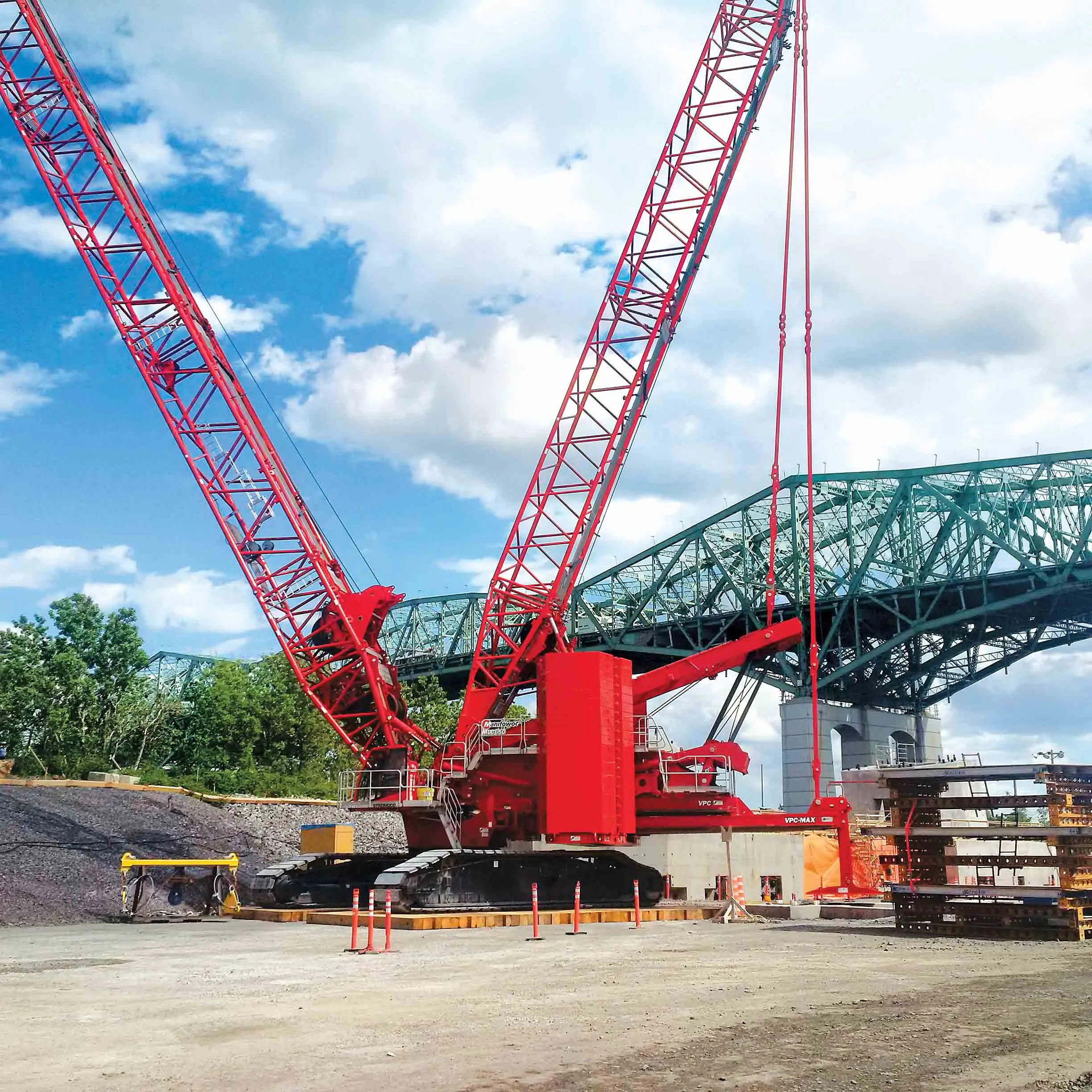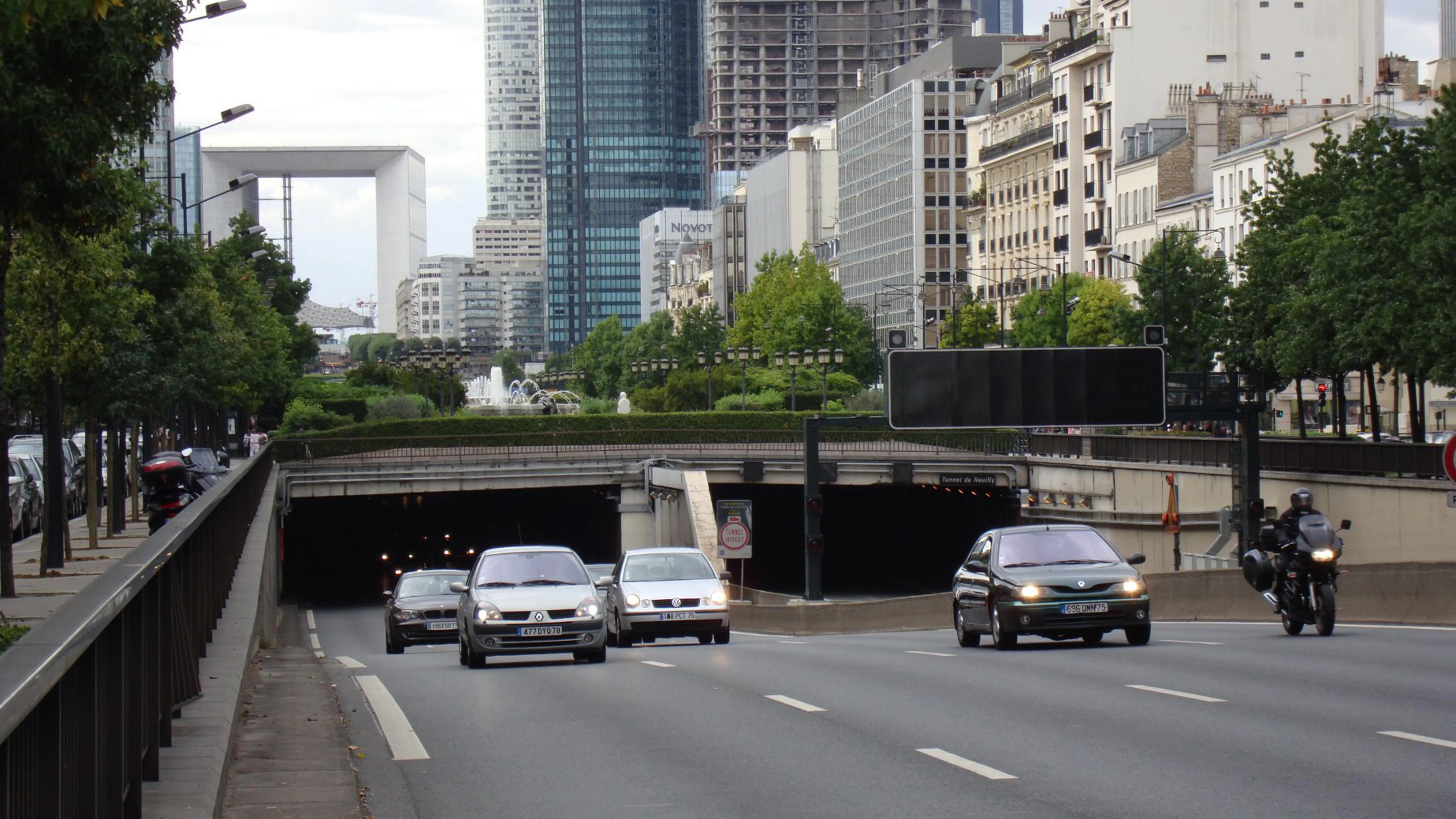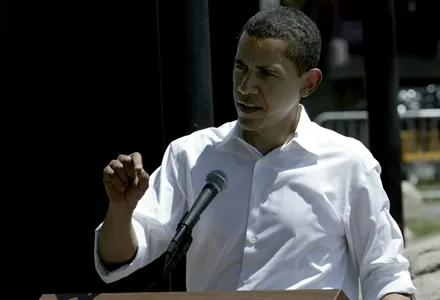The World Bank has made available US$160 million of credit for the Rajasthan Road Sector Modernisation Project in west India. Scheduled to finish in December 2018, the ambitious project aims to improve rural connectivity, as well as improving road safety and management in Rajasthan state.
In recent years Rajasthan, India’s largest state by area and home to more than 68 million people, is said by the World Bank to have made considerable progress with developing its rural roads under the Prime Minister’s Gra
January 6, 2014
Read time: 2 mins
The 2332 World Bank has made available US$160 million of credit for the Rajasthan Road Sector Modernisation Project in west India. Scheduled to finish in December 2018, the ambitious project aims to improve rural connectivity, as well as improving road safety and management in Rajasthan state.
In recent years Rajasthan, India’s largest state by area and home to more than 68 million people, is said by the World Bank to have made considerable progress with developing its rural roads under the Prime Minister’s Gram Sadak Yojana (PMGSY) – an Indian government flagship programme. More than 80% of its habitations, with populations of over 500, now have road connectivity. However, some 7,357 villages in the state, with population below 500, do not have road connectivity as they are not covered under the PMGSY.
The Rajasthan Road Sector Modernisation Project is building 2500km of rural roads, connecting around 1300 villages that are currently not covered under the PMGSY, and also undertaking preparatory studies for improving 700km of priority sections of state highways. The roads will be built to a bitumen surface standard and will include all necessary bridges and cross drainage works in order to maintain year-round connectivity.
In recent years Rajasthan, India’s largest state by area and home to more than 68 million people, is said by the World Bank to have made considerable progress with developing its rural roads under the Prime Minister’s Gram Sadak Yojana (PMGSY) – an Indian government flagship programme. More than 80% of its habitations, with populations of over 500, now have road connectivity. However, some 7,357 villages in the state, with population below 500, do not have road connectivity as they are not covered under the PMGSY.
The Rajasthan Road Sector Modernisation Project is building 2500km of rural roads, connecting around 1300 villages that are currently not covered under the PMGSY, and also undertaking preparatory studies for improving 700km of priority sections of state highways. The roads will be built to a bitumen surface standard and will include all necessary bridges and cross drainage works in order to maintain year-round connectivity.









